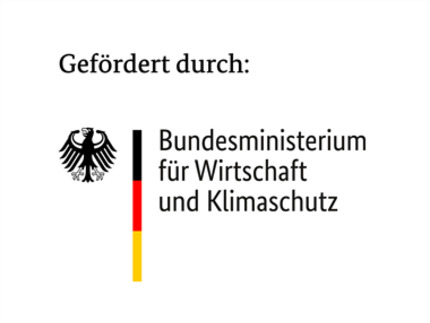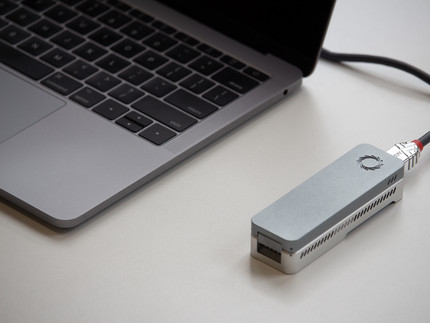DNA-based Molecular Tagging
We are working on the development of molecular tagging systems to label valuable products for counterfeit protection in two funded projects.
B2B-DNA-Tinte: DNA-based anti-plagiarism ink and detection kits (cooperative project)
- Grant #: 16KN107922
- Funding Organization: Federal Ministry for Economic Affairs and Climate Action (BMWK)
- Amount awarded: 201.836 € (1.010.000 € in total)
- Project partners: BOWA GmbH, SERATEC GmbH
- Period of Grant Award: 2022-2024
The aim of the project is to develop DNA-based markings on paper substrates that allow unambiguous proof of authenticity as well as traceability of products, thus making counterfeiting extremely complicated or even impossible with the current state of the art technologies. In cooperation between two SMEs and the University of Potsdam, a coordinated system is to be developed that includes several components: customer-specific DNA-containing inks, a suitable printing process, a non-destructive sampling procedure, two methodologically different detection test kits, and an automated cloning platform for the batch-coding DNA sequences.
Upon successful completion, the project will provide customers with a complete solution that realizes the combination of high efficiency, reliability and ease-to-use at low cost, time and effort.
Molecular labeling system with position-oriented DNA encryption
- Funding Organization: Potsdam Transfer (FöWiTec)
- Amount awarded: 10.000 €
- Period of Grant Award: 2022
We developed a design for position-oriented encryption of linear DNA tags (patent application, EP22151968.9, European Patent Office; Jan. 18, 2022) that can be incorporated into products or packaging materials as proof of authenticity. This provides a high level of protection for various products, e.g. pharmaceuticals, artworks or last wills. The design of the DNA sequences is based on a pool of different DNA molecules whose code cannot be deciphered by a forger and therefore cannot be copied. For this purpose, we design a library of DNA molecules comprising a large number (typically millions) of different DNA sequences. These sequences consist of a certain number of mostly randomized nucleotides. To ensure reliable identification of these DNA libraries, the DNA sequences contain a specific pattern as a code. This code is, in simple terms, a chosen relationship between selected positions/nucleotides in an otherwise randomized DNA sequence.
During the five-month project, which is funded by Potsdam Transfer (FöWiTec), the previously developed design is to be validated in order to facilitate the transfer of scientific research into application.


